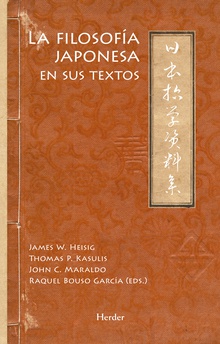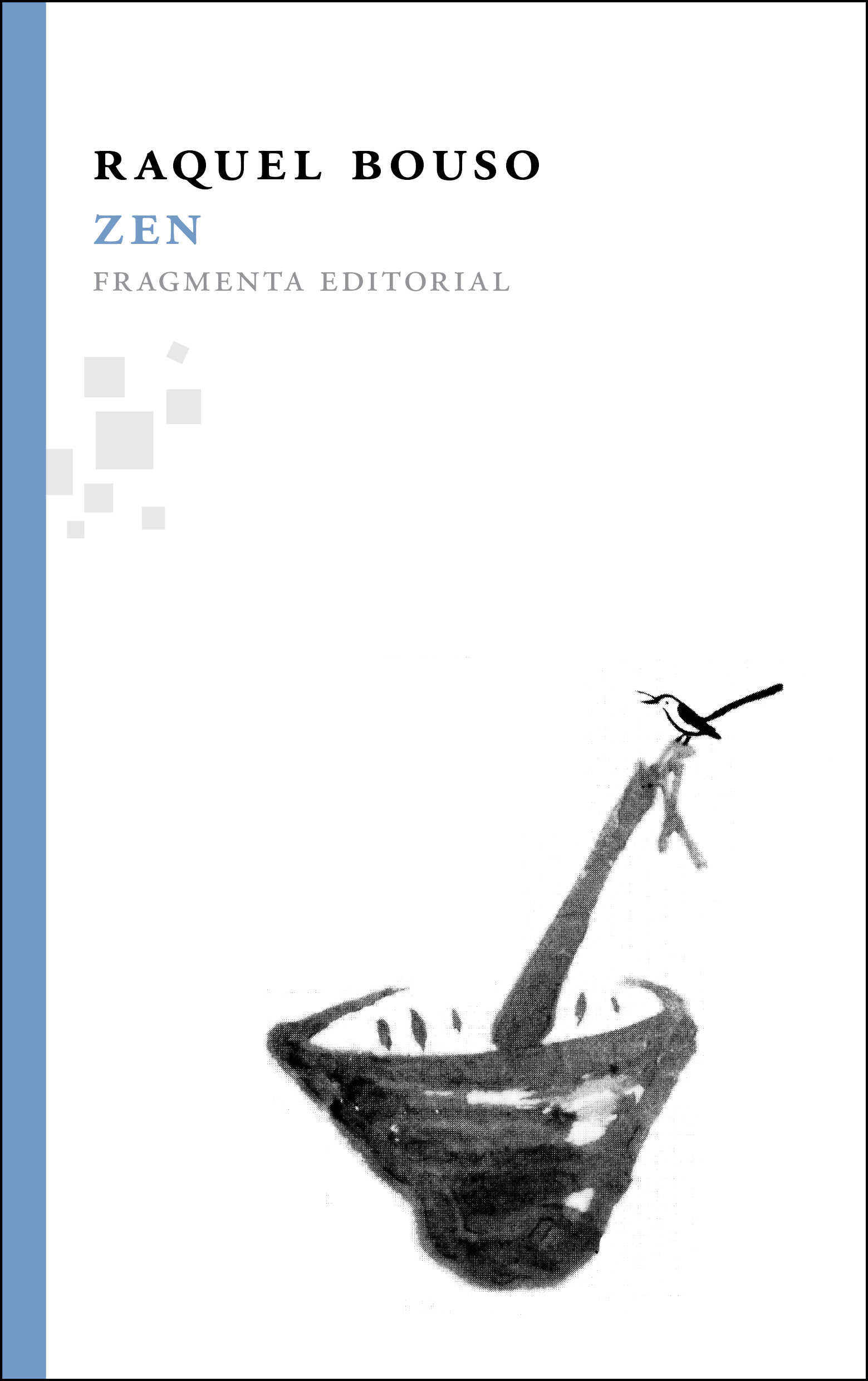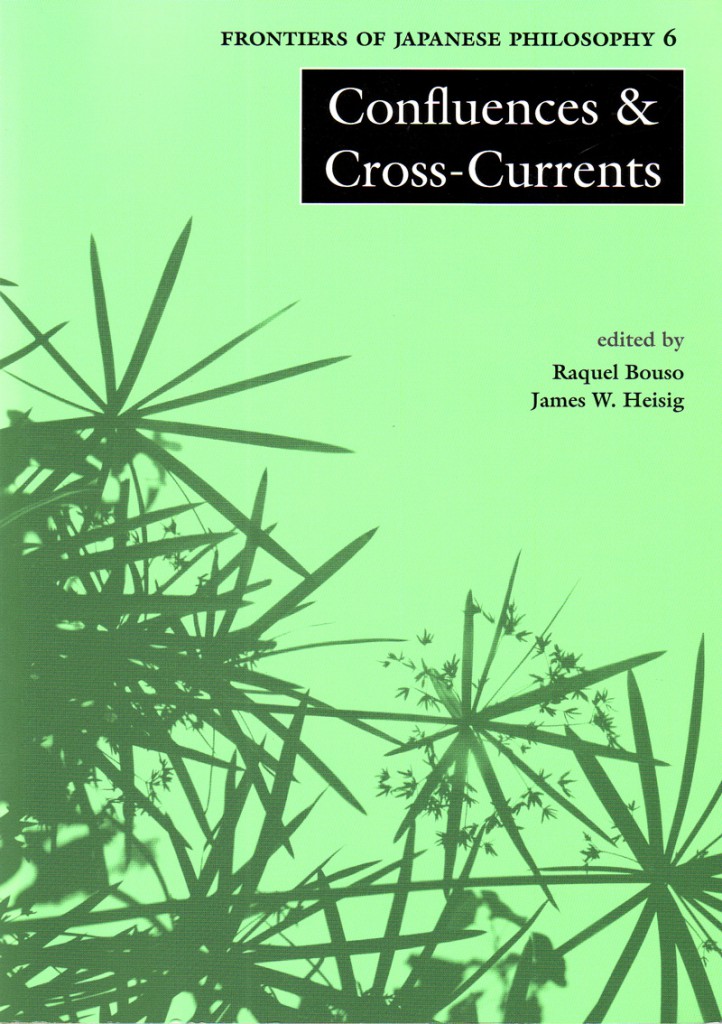View publications by author:
 La filosofía japonesa en sus textos
La filosofía japonesa en sus textos
Raquel Bouso
Esta obra pone por primera vez al alcance del lector hispanohablante las principales fuentes textuales de la filosofía japonesa, presentadas tanto diacrónicamente por tradiciones (budistas, sintoístas, confucianas, filosofía académica moderna) como temáticamente (cultura e identidad, filósofas, pensamiento samurái, bioética).
This work puts the main textual sources of Japanese philosophy within the reach of the Spanish-speaking reader for the first time, presented both diachronically by traditions (Buddhist, Shinto, Confucian, modern academic philosophy) and thematically (culture and identity, philosophers, samurai thought, bioethics) .
 Zen
Zen
Raquel Bouso
¿Qué razones explican la fascinación que ejerce el zen en el mundo occidental? ¿Son las mismas que han mantenido viva esta tradición secular en los países asiáticos?
What reasons explain the fascination of Zen in the Western world? Are they the same ones that have kept this secular tradition alive in Asian countries?
 Confluences and Cross-Currents
Confluences and Cross-Currents
Frontiers of Japanese Philosophy 6
Raquel Bouso (ed.) James Heisig (ed.)
The list of publications having to do with Japanese intellectual history in general and Kyoto School philosophy in particular has grown steadily over the past years, both inside and outside of Japan. This is due in no small part to the important contributions made by those whose papers are included in this volume, the proceedings of an international conference held in June 2009 at the Universitat Pompeu Fabra in Barcelona. Although much remains to be done if Japanese philosophy is to shed its esoteric and exotic image in order to take its rightful place in the curriculum as one of the many valuable sources of philosophical reflection, the ongoing dialogue among veterans in the field and younger scholars reflected in these pages is as promising as it has ever been.